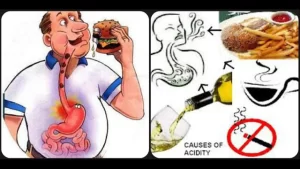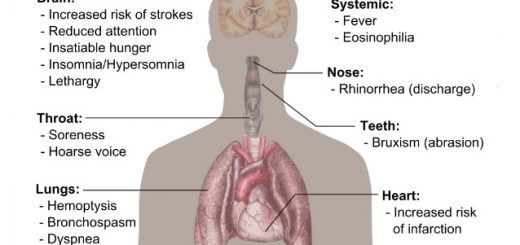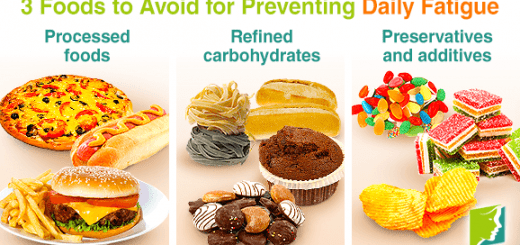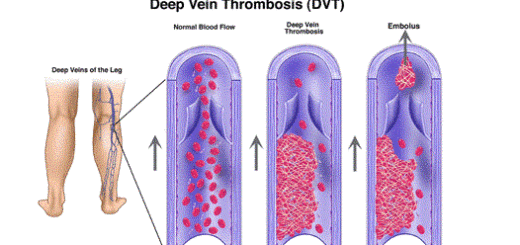Best ways to keep your stomach and digestive system healthy
The digestive system breaks down food and drinks into nutrients, such as carbohydrates, protein, fats, and vitamins, The body uses these nutrients for energy, growth, and cell repair. Your digestive system is connected to your brain via the nervous system. so, poor digestive health can negatively impact your mood and various hormones in your brain that affect your hunger and weight balance.
How to keep your digestive system healthy
Digestion starts from your mouth, You need to chew and break your food down into smaller pieces so that the enzymes in your digestive system can break down the food, Poor chewing habits lead to poor nutrient absorption in your body. You should eat slowly to prevent overeating, Piling food into your mouth stresses the digestive system.
You should eat throughout the day and not starve for many hours between meals, you have to eat small portions of meals every 2-3 hours that avoid any acid formation caused by starving for long hours. You should stick to preset meal timings. Whatever the lunch or dinner timings are, you should have food at that time only, Random eating is an invitation to digestion problems.
Drinking plenty of water is good for digestion as the fibers you eat pull water into the colon so that the stools become softer and easy to pass. You should drink green tea, Green tea is a powerful antioxidant that helps decrease inflammation and detox the body, and it helps with metabolism.
A high-fiber diet is important for the food to move through the digestive tract and prevent constipation, It helps in preventing other digestive conditions such as hemorrhoids, and irritable bowel syndrome (IBS). Good sources of fiber are green leafy vegetables, whole grains, beans, lentils, and apples, Leave the skin on fruits and vegetables for extra fiber.
There are two types of fibers you should add to your meal- soluble and insoluble, The insoluble fibers can’t be digested by the body and add bulk to the stools, whereas the soluble fiber draws water that prevents the stools from becoming too watery.
You should include probiotics in your diet, probiotics are the same type of yeasts and bacteria naturally found in the digestive tract, They are responsible for combating the side effects of stress, antibiotics, and poor diet. They can help break down lactose, treat IBS, strengthen the immune system, and enhance nutrient absorption, The best sources of probiotics are kefir and low-fat yogurt.
Fatty food items can slow down the digestive process and make you more prone to constipation, you should get some fat in your diet but that needs to be paired with high-fiber food for better digestion and you should avoid excessive fat intake in your diet which is bad for your heart health.
You should get your protein from lean sources, Fatty protein sources such as red meat can inflame your digestive system and trigger constipation, Lean sources are much better for your long-term digestive health, sources of lean protein are fish, poultry, beans, and nuts. Protein is responsible for muscle building which increases your metabolism and helps in maintaining a healthy weight.
You should avoid bad habits that can form addiction and can be very harmful to your health as well as digestion such as consuming too much caffeine, alcohol, or smoking which disrupts your digestion process and leads to stomach ulcers or heartburn.
You should exercise regularly, Doing physical activity will help the food move through the digestive system and reduce the chances of constipation, Exercise will help in maintaining a healthy weight that is good for your digestive system, so, make it a point to exercise regularly.
You should focus on cardio exercises more so than strength exercises, The movement from running, biking, or aerobics helps move food through the digestive system better than weight lifting, You don’t have to work out hard to get the benefits of exercise, A good walk for 30-60 minutes is great for staying in shape.
You should reduce your stress and anxiety, Stress and anxiety can take a toll on your digestive system, All people respond differently to stress, some get constipated, some have diarrhea, and some have a stomachache. You can avoid these GI upsets with some stress-relieving activities, Exercise is great for reducing stress and clearing your head, Listening to music, drawing, or writing helps reduce your anxiety without breaking a sweat.
You should reduce your intake of processed foods, processed and fried foods are high in saturated fats and salt, These ingredients are difficult to digest and can cause discomfort in your digestive system, Avoid fried, packaged, or microwaved food as much as you can for a healthier digestive system, Opt for fresh varieties instead.
You should not eat too much red meat and processed meat, high amounts of processed meat and red meat may be harmful to the digestive system, Processed foods have little fiber and vitamins, Eating a lot of processed food will fill you up, but leave you deficient in nutrients like fiber, resulting in constipation and other digestive issues, Eat out less often as well.
You should avoid sugary foods and drinks, Processed sugar doesn’t only upset your stomach in the short-term, It also provides food for bad bacteria in your gut, A high-sugar diet creates the perfect environment for these bacteria to multiply and cause stomach aches.
Soda, cakes, candy, and many other foods have extremely high sugar content. The fizz from a soda can upset your stomach and cause bloating, If you want a fizzy drink, try seltzer instead, This has no sugar or calories.
You should take all digestive supplements according to their listed directions or the instructions your doctor gives you, You have to ask your doctor before taking any health supplements, Health supplements are not strictly regulated, so they may have unintended side effects, They could interact with medications you take.
You should take digestive enzyme supplements if your body has a deficiency, Digestive enzymes come from the pancreas and help break down food, You have to consume an L-glutamine supplement to protect your GI, L-glutamine creates a barrier that protects your GI tract from toxins, allergens, or pathogens, leaked toxins, allergens, and pathogens can cause illness or autoimmune conditions.
You have to use peppermint oil capsules to relieve irritable bowel syndrome, peppermint oil is effective in relieving some digestive discomfort, including irritable bowel syndrome, If you suffer from IBS, try getting a bottle of peppermint capsules from a pharmacy, vitamin store, or online. Take these capsules as directed.
You should consume five to seven servings of vegetables and fruits daily, Fruits and vegetables are rich in fiber and other nutrients that can improve your digestive and overall health. You should avoid foods or ingredients to which you are allergic or intolerant.
You should get enough sleep, Poor sleep can harm your digestive health, and an unhealthy digestive system can lead to poor sleep, To avoid this vicious cycle, commit to 7 to 9 hours of continuous sleep per night. Going to bed in a cool, dark room helps, as does powering off digital devices and dimming the lights an hour before bedtime.
You should avoid eating within 4-5 hours of bedtime, as this can lead to heartburn and other issues such as bloating (the feeling of heaviness) and shortness of breath that will keep you awake or may wake you up from sleep.
You should reduce salt, Even a little extra in your diet can cause bloating. No one wants food poisoning, diarrhea, nausea, and vomiting, So keep cold food cold and hot food hot, Use different utensils and cutting boards when you prepare fruits or vegetables and raw meats.
You can follow Science Online on Youtube from this link: Science online
You can download Science Online application on Google Play from this link: Science online Apps on Google Play
Digestion in man, Buccal digestion and Gastric digestion (digestion in stomach)
The function of pharynx, esophagus & stomach in the digestive system
Large intestine structure, function, Motility & Development of the digestive system
Large Intestine function, parts, length, anatomy & Relations of the rectum
Small intestine constituents, Regulation, function and Digestion in the small intestine
Stomach parts, function, curvatures, orifices, peritoneal connections & Venous drainage of Stomach
Pancreatic secretion composition, regulation, function, Differences between jejunum & ileum




